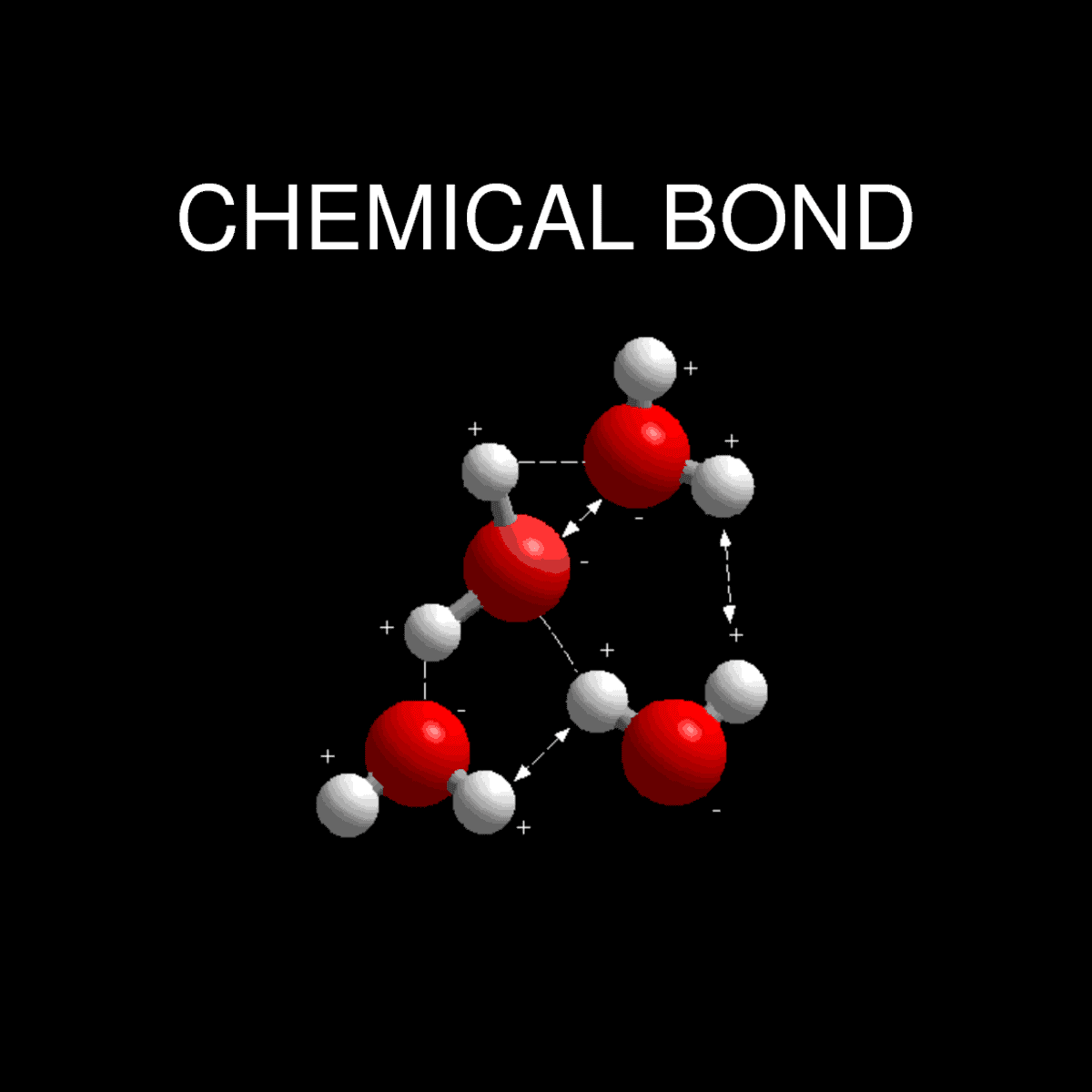
Professor Lee Cronin, Regius Professor of Chemistry at the University of Glasgow, said: “What we’ve managed to do with the development of our ‘Chemical Spotify’ is something similar to ripping a compact disc into an MP3. The paper describes how the team used their system to scan scientific papers and produce 12 different molecules using their chemical processing unit, including the analgesic lidocaine, the Dess-Martin periodinane oxidation reagent, and the fluorinating agent AlkylFluor. The only human input required is ensuring that the equipment the robot needs to make the molecules is set up correctly. The team built an easy-to-use interface called ChemIDE to integrate with any robotic chemist system and allow the XDL instructions to be turned into chemicals. Those XDL files are chemical instructions which can in principle be read any chemical robot in. Synthreader automatically breaks those procedures down to simple instructions and stores them in a format the team call Chemical Description Language, or XDL, which is a new open source language for describing chemical and material synthesis. They developed a computer program called SynthReader to scan through scientific papers and recognize sections which outline procedures for organic and inorganic chemical synthesis. They have found a way to create new sets of instructions for robot chemists by harnessing the power of natural language processing. In a new paper published in the journal Science, the Glasgow researchers describe a universal approach to digitizing chemistry, including a programming system which could remove the vast majority of the effort required to program the robots. The problem is there is currently no standard programming language for chemistry, meaning that programs made for one robot do not work on any other type. Up until now, those robot chemists have required a massive amount of programming from their human counterparts, with detailed instructions.

Other robot chemists, built with different operating systems, have also been developed elsewhere. The Glasgow team, led by Professor Lee Cronin, have laid the groundwork for digital chemistry with the development of what they call a “chemical processing unit”-an affordable desktop-sized robot chemist which is capable of doing the repetitive and time-consuming work of creating chemicals. The creation of such a system could help developing countries more easily access medications, enable more efficient international scientific collaboration, and even support the human exploration of space. Researchers from the University of Glasgow’s School of Chemistry, who developed the system, claim it will lead to the creation of a “Spotify for chemistry”-a vast online repository of downloadable recipes for important molecules including drugs. Credit: OpenClipartVectors, CC0 Public DomainĪ new system capable of automatically turning words into molecules on demand will open up the digitisation of chemistry, scientists say.


 0 kommentar(er)
0 kommentar(er)
